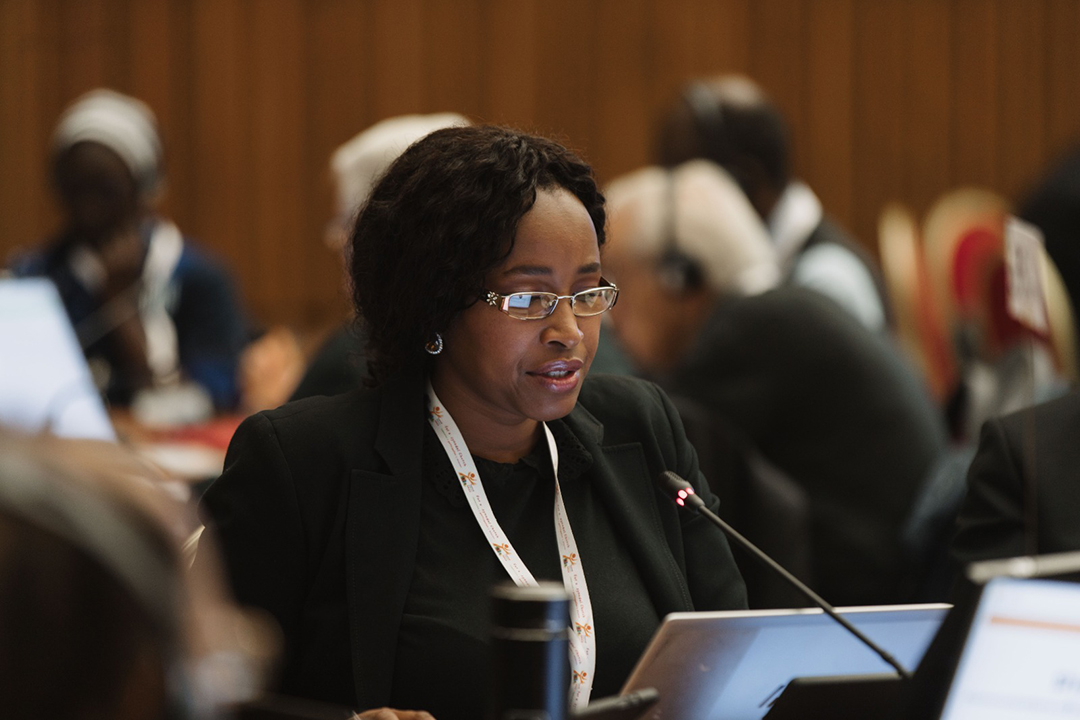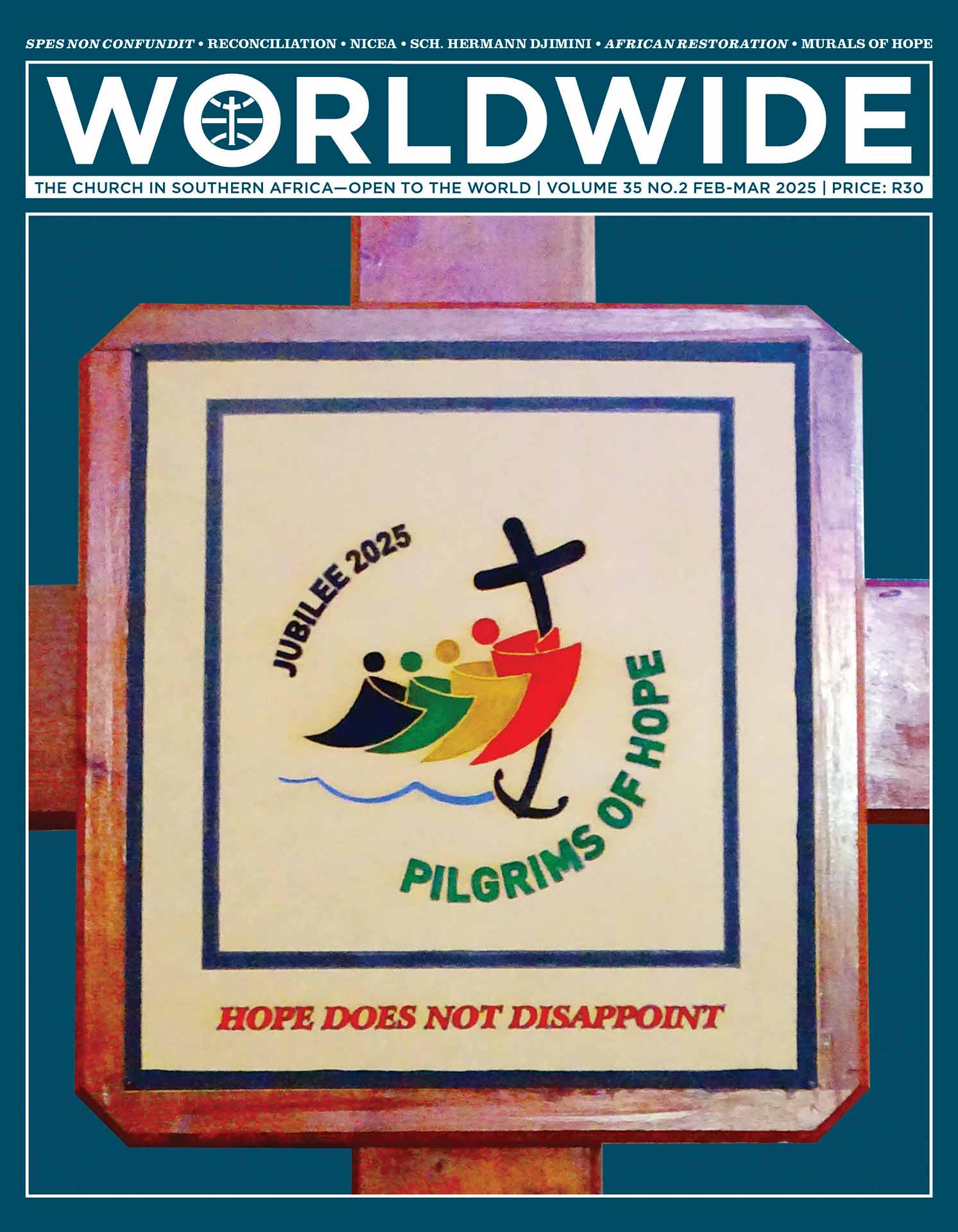
FINDING A HOME
The cross is also the anchor of our hope as it appears in the Jubilee logo embedded onto the lit candle. The lower part of the cross is elongated and turned into the shape of an anchor, which is lowered into the waves and stabilizes the ship amidst the storms.
In addition, the cross is bent down backwards towards the four human figures. This indicates God’s act of compassion, seeking us out and offering surety of hope.
FEATURES • SCH. HERMANN DJIMINI
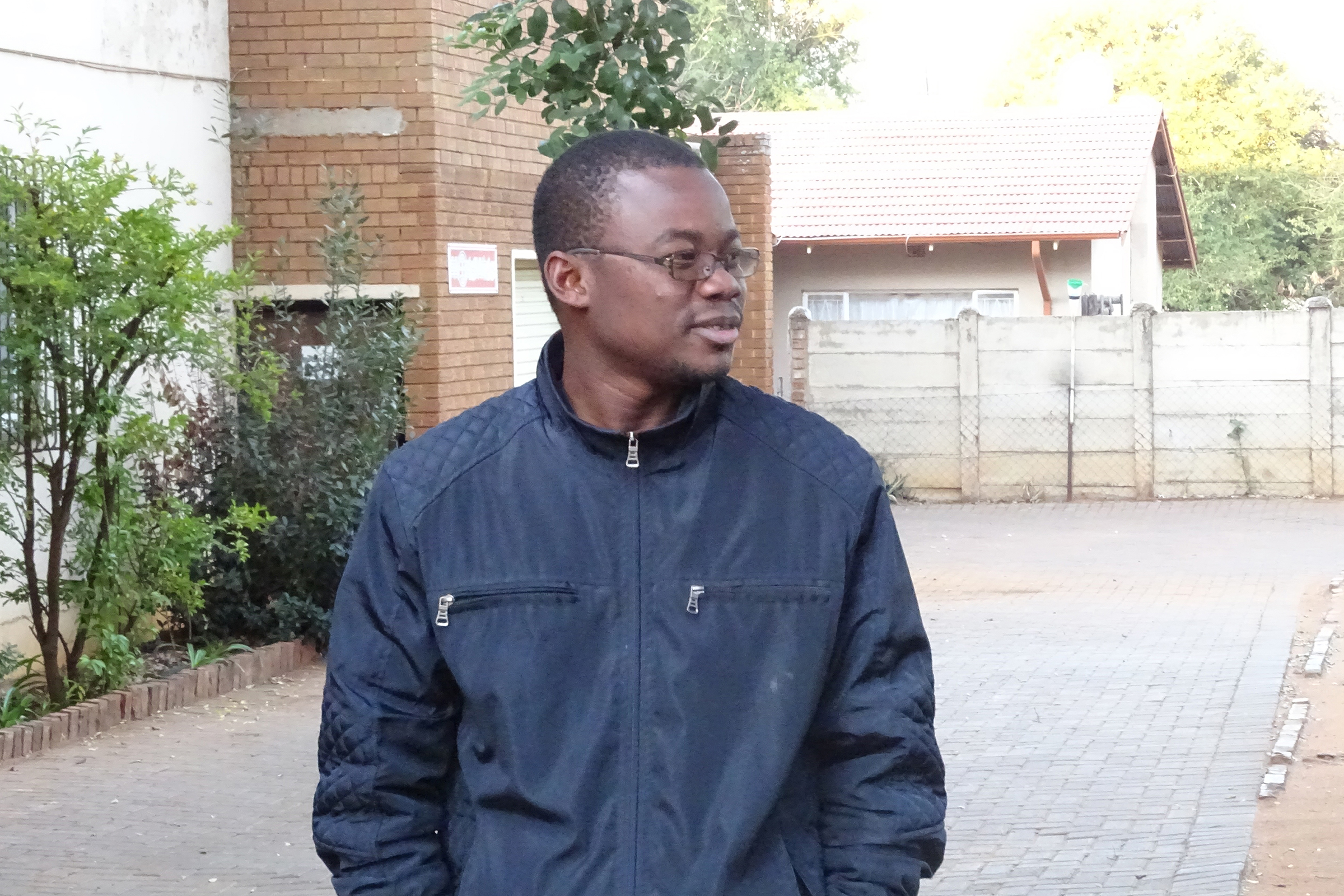
EVERYBODY HAS THE RIGHT TO EXPERIENCE GOD’S LOVE
Hermann Mahunan Djimini is a Comboni Missionary from Cotonou, Benin. He will profess his final vows on 8 February 2025. The following day he will be ordained as Deacon at Holy Family Parish-Waterval, Bushbuckridge, Mpumalanga, by Bishop Thaddaeus Kumalo. Sch Hermann completed his theological studies at St Joseph Institute at Cedara, KZN, and his missionary training at Waterval. He shares with Worldwide some aspects of his vocational journey.
BY FR RAFAEL ARMADA MCCJ
Hermann, tell us about your family and your life before you joined the seminary
I am the second child of a Catholic family of six. From early childhood, I was introduced to the faith by my parents. We used to pray and go to Mass together. Each one of us was committed to different groups in our parish. Before joining religious life, I studied some courses in psychology at the University, which equipped me with helpful skills for my future relationships with others. I was fond of staying at home, even during my holidays. When I announced my decision to join the seminary, I felt the pain of leaving my parents and family, but, fortunately, I had already been away from home during the courses of formation that I had attended.
My parents and siblings were surprised by my decision, but they supported me all the way, particularly through their prayers. I am grateful for that and for the wisdom which I received from my parents.
How did you discover your vocation?
I started feeling the call to priesthood when I was an altar servant in my parish—at that time, served by a diocesan priest. I was fascinated by the priests’ way of life, by him relating to people and welcoming everybody without distinction. He was also very dedicated to his work. The workshops for altar servants which I attended every year also helped me to grow in my journey of faith.
I felt inclined to offer my life to God, especially at the service of the people, as St Daniel Comboni had done.
Then I got a brochure about the Comboni missionaries which mentioned their dedication to the poor and most abandoned. Though I had previously met them, there had not been much interaction with them. So, I contacted them and asked for more information. Upon visiting them, their life of service appealed to me. I felt inclined to offer my life to God, especially at the service of the people, as St Daniel Comboni had done. Moreover, when I read about his life, I was fascinated by his courage and his missionary zeal. All of this contributed to my desire to become a Comboni Missionary.
What do you perceive as the most enriching aspects of the life of the Comboni Missionaries and what are its challenges?
The most positive aspect is their dedication to the mission, to working in difficult places. The Comboni missionaries take the risk of staying in certain challenging places because they believe that everybody has the right to experience God’s love, a conviction shared passionately by our founder.
I also appreciate the communitarian aspect of our missionary life. Challenging as it may be, we evangelise as community. I serve the people, not according to my own perspective, but as a community or Cenacle of apostles; this attitude goes beyond mere cooperation. We gather our strength in evangelising together. This is also important for the maintenance and continuity of our work, because if we should follow our own personal style of doing things, our work would be affected negatively by personnel changes.
What has been your experience of internationality in the Comboni missionaries?
It has been very positive. At the postulancy we had candidates from three different countries. I immediately realised the need for being open to work with others. In the novitiate and scholasticate, this aspect of internationality has grown even wider, including members of many different countries. I see it as a great benefit; the presence of all of us helps us to grow and to open our minds. We realise that things can be done differently from another culture or country’s perspective.
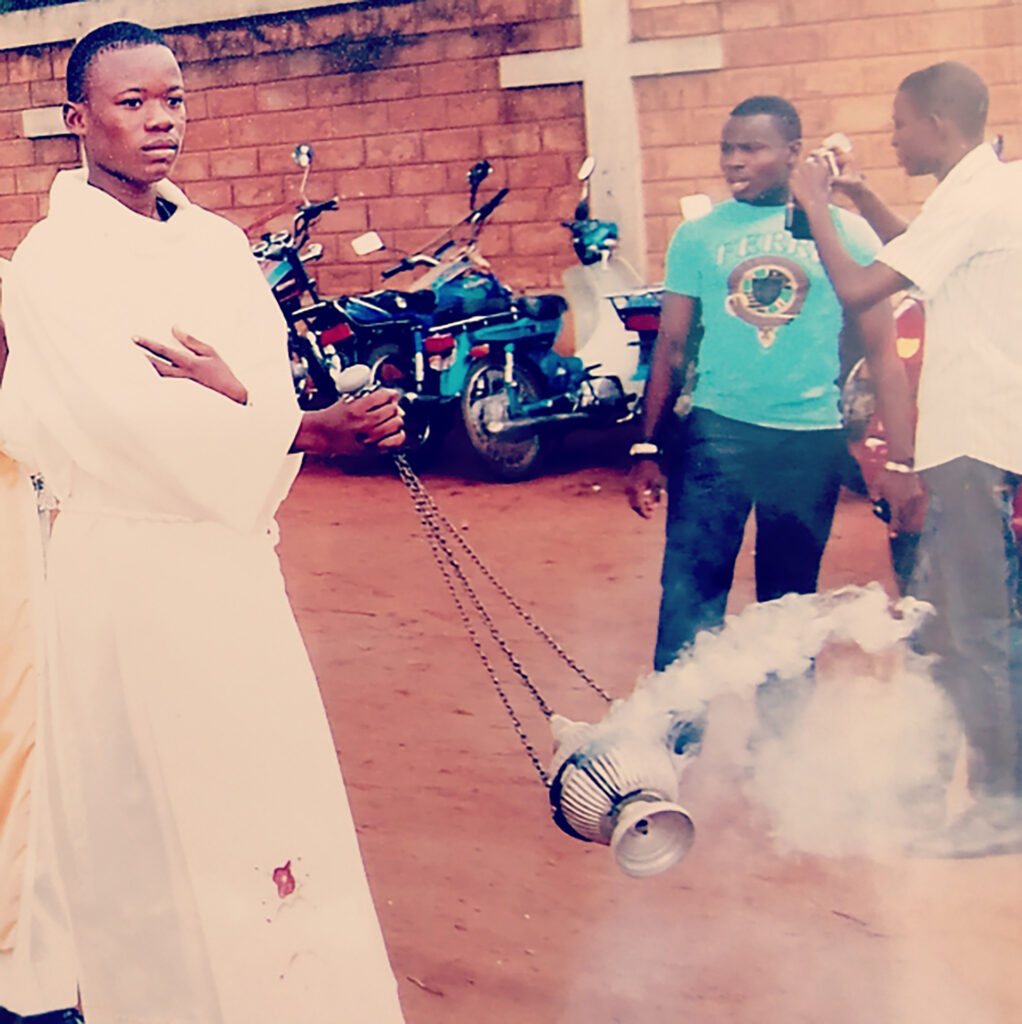
But, should we perceive the multiplicity of nationalities as a threat, we would end up considering others as blocks on our journey. Once we see internationality as an opportunity for growth, it helps us to move forward with a new vision.
Please share something about your country, Benin, with us
Politically, around the time of independence, there was a period of instability and violence, but once the country settled down, we started enjoying democratic stability, electing our presidents and experiencing political alternation of power.
Although there has been economic development, more needs to be done. Beninese people are cooperative and communicative, very rooted in their culture. They work together, and they go to great lengths to create their own self-employment. They are peaceful people, and they strive to achieve unity and a sense of belonging among the citizens.
There is a good relationship among Christians and Muslims—these are represented more widely in the North of the country. They participate or send good wishes to each other during festivities.
Inter-religious dialogue, including the faithful of traditional religion or Vodu, is positive and there is mutual cooperation among all. However, some converts from traditional religion struggle to completely leave behind their practices once they become Christians. This poses a challenge for the Catholic Church.
Regarding ecumenism, there is also good cooperation among various Christian denominations. Every religion represented in the country tries to preserve its identity and play a role in society.
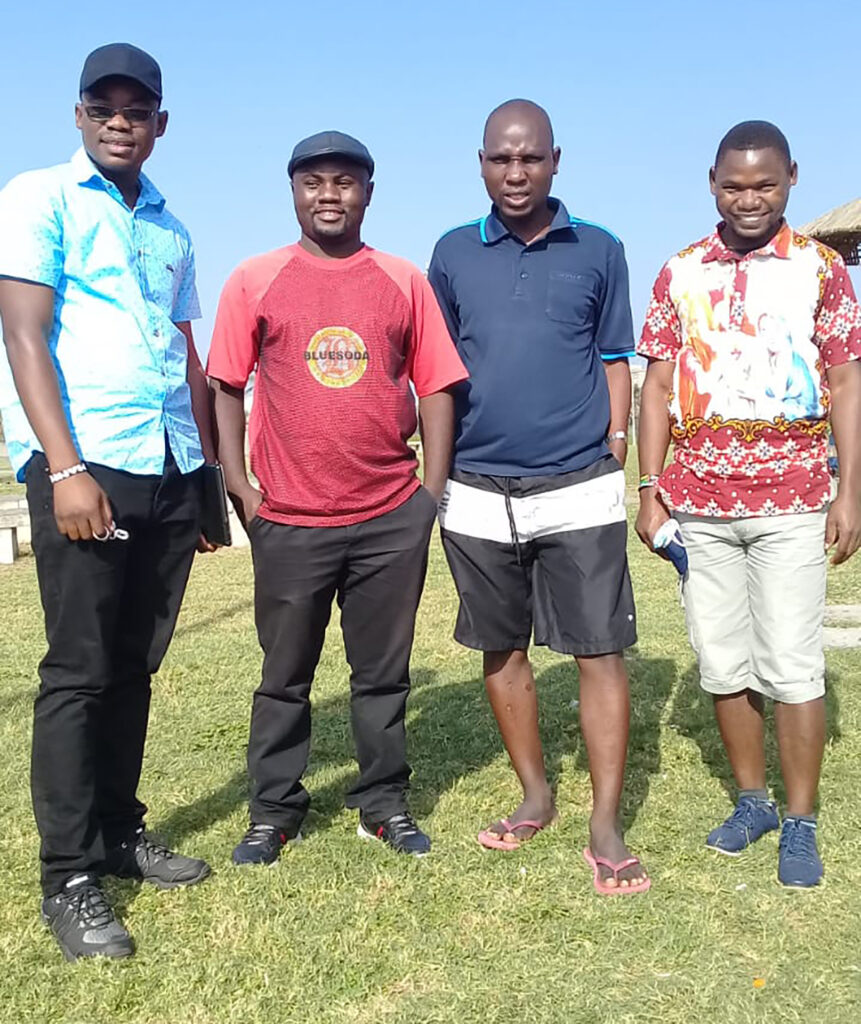
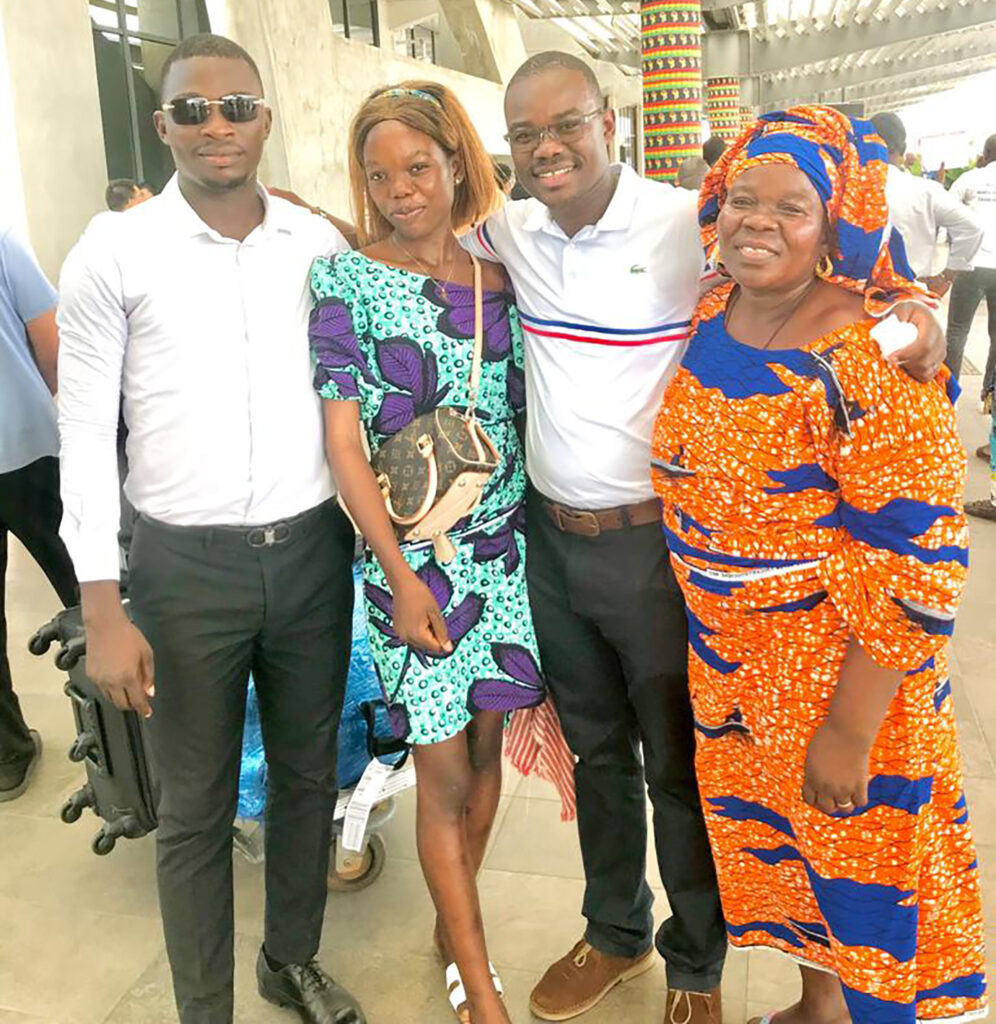
What perception do you think society has about the Catholic Church and the Comboni Missionaries?
People see the Catholic Church as a great help for society, as it guides people in their relationship with God, giving them hope and social assistance. Society values its presence and activities, such as in hospitals, schools, as well as in charitable activities…. There are also many committed Catholic members in society.
The challenge for the Church is to give relevant responses to people’s needs, for instance in terms of healing. They are accustomed to finding quick answers in their traditional religions. They want the Church to respond in a similar manner.
I am very happy being a Comboni Missionary. I have not regretted the decision I took.
We as Comboni Missionaries are appreciated for our availability and for our welcoming attitude. In the North of my country, we are present in two communities—working in dialogue with the Muslim community—and have a positive impact through social projects.
What is your impression of South Africa?
I have a good impression of South Africa as a democratic country. I value the freedom of expression offered to people and the cooperation among citizens who share what they have. It is a country which has a good degree of development as well as an enriching diversity of cultures and races—though not without tensions. Security is also a challenge.
In terms of the scarcity of vocations, as the Catholic population is small in South Africa, it takes time to understand the vocation to priesthood or religious life. I also see people living with a ‘passion for life’, while our vocation is about dying to oneself. These two attitudes are contradictory.
How do you value your experience of community life in the scholasticate?
I have appreciated each member’s efforts in building the community, through praying, working, and celebrating together, amongst other things. I also appreciate the freedom and responsibility given to each one during our formation journey which grants everyone the opportunity to express himself and his gifts, and to avail his own personality to the community.
Once you offer that freedom, the person is surprised by his capacities and discovers new hidden talents. This builds both the person and the community.
I have worked in a parish in Pietermaritzburg, teaching catechesis and accompanying a Malawian group. Our impact as scholastics is measured by our capacity to attend to the vulnerable around us. We try to respond to their needs as community, within our limited ways, through charity and various kinds of assistance.
Security issues and the priority given to studies at this stage limit us in our interaction and access to people, specifically regarding house visits.
What is your dream as a Comboni Missionary?
People thirst for hope, for an improvement of their situation. As a future pastor, I wish to help them in their journey, listening to them, accompanying them. My dream is to make a meaningful impact on their lives. I am very happy being a Comboni Missionary. I have not regretted the decision I took. There will always be challenges and difficulties, but it is still worthwhile becoming a missionary.
What would you say to a young person interested in this vocation?
My answer is about trust and confidence; to be open and listen to God’s voice, heard within one’s heart, being also accompanied by a spiritual advisor. From there, all the rest will follow.

